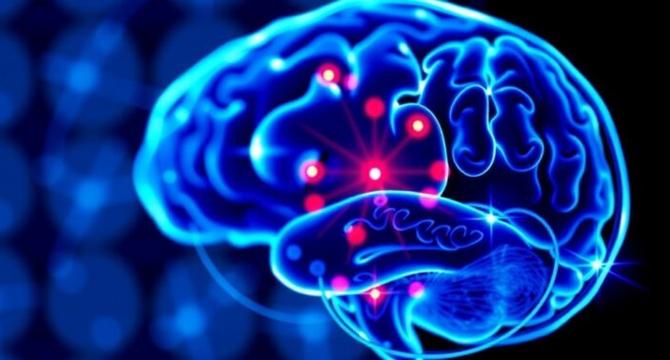Bioengineer
1w
8

Image Credit: Bioengineer
Revolutionary AI Technology Paves Non-Invasive Path for Detecting Brain Cancer Metastasis
- A recent breakthrough involves an AI-driven model designed to detect the spread of metastatic brain cancer using advanced magnetic resonance imaging (MRI) scans.
- The AI model demonstrates an impressive detection accuracy of about 85%, identifying cancerous cells in surrounding brain tissue with a level of precision that traditional imaging techniques often fail to achieve.
- The researchers meticulously validated the AI’s predictions by comparing its findings against the microscopic analysis of tumor tissue performed by medical professionals.
- Metastatic brain cancer is endemic, stemming from the dissemination of malignancies from various body parts to the brain.
- By harnessing machine learning capabilities, this AI model can facilitate earlier and more precise detection of cancer spread in patients’ brains, potentially revolutionizing treatment protocols and improving prognostic outcomes for individuals afflicted with brain cancer.
- The development of this AI model involved keen analysis of subtle alterations within adjacent brain tissues typically undetectable by conventional imaging modalities.
- In a world where surgical interventions remain the conventional approach, the existence of a reliable non-invasive diagnostic tool could significantly alter treatment landscapes.
- Despite the promising results, the research team acknowledges that the project remains in its nascent stages. There are plans underway to broaden the scope of their investigations, involving larger datasets to fine-tune the AI model further for clinical deployment.
- The funding support for this vital research was no small feat, with contributions coming from prominent institutions. Organizations such as the Canadian Cancer Society and the Canadian Institutes of Health Research provided crucial backing, alongside other health foundations and agencies.
- These ongoing efforts represent a shift towards data-driven medicine, where innovative technologies like AI can enhance our understanding and treatment of complex diseases.
Read Full Article
Like
For uninterrupted reading, download the app